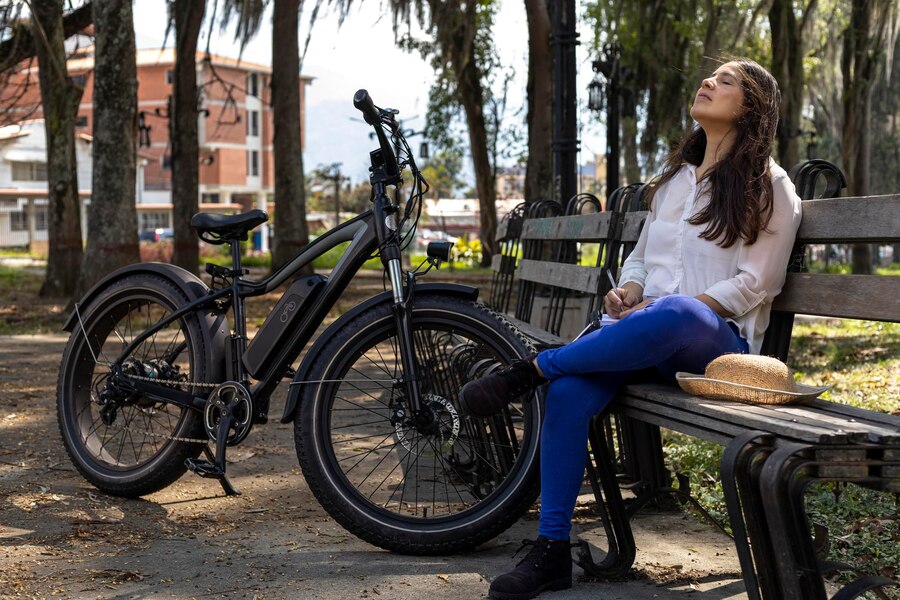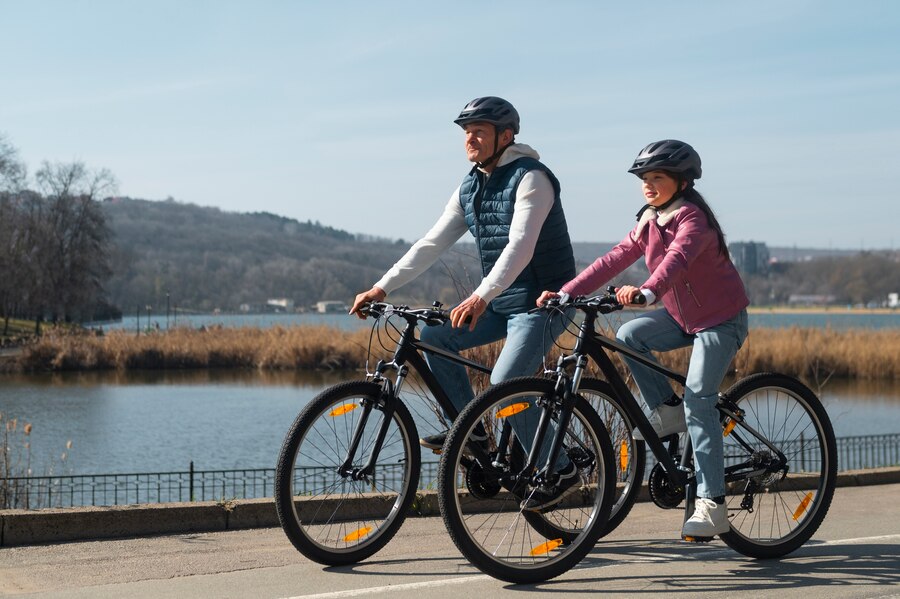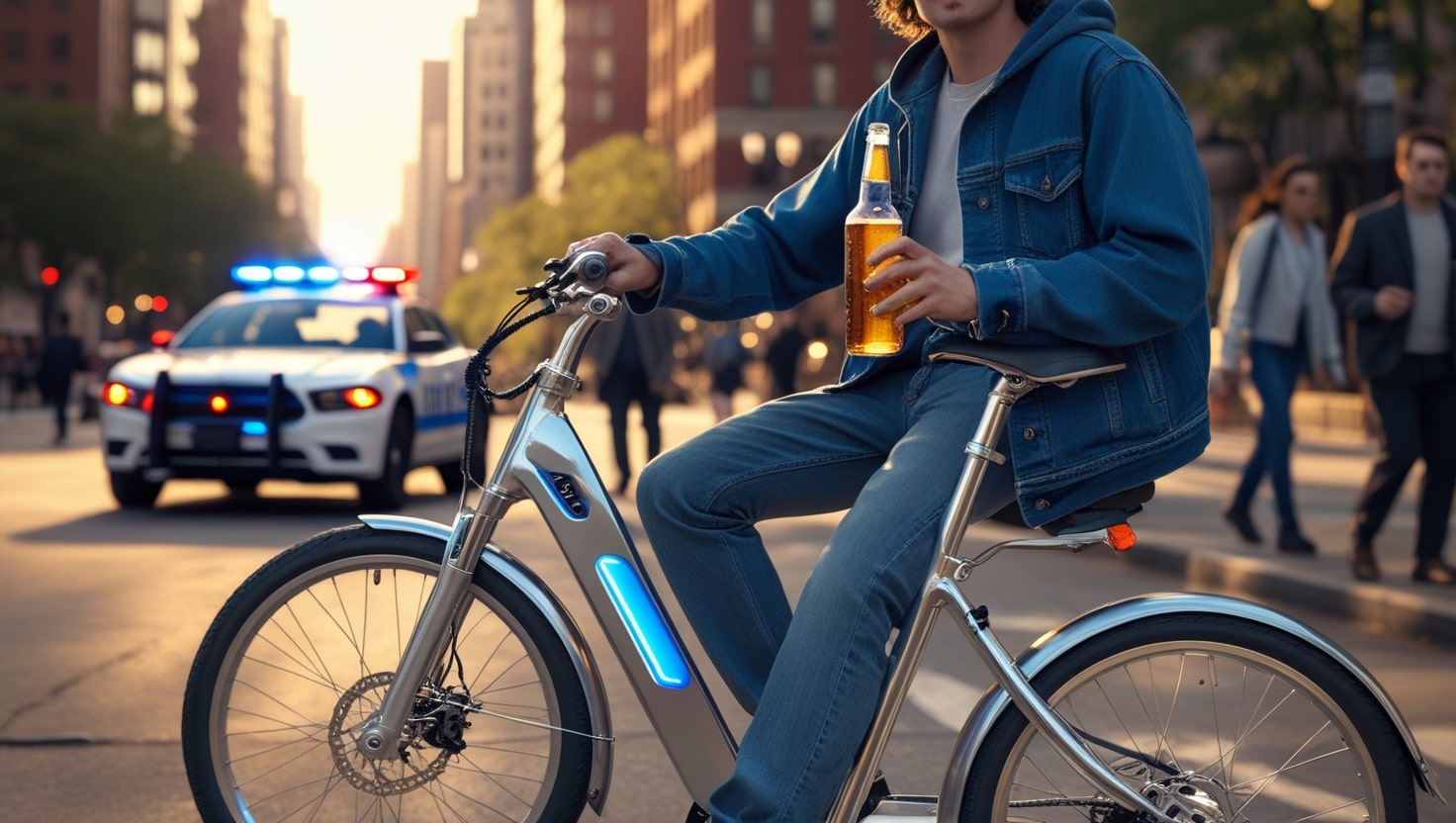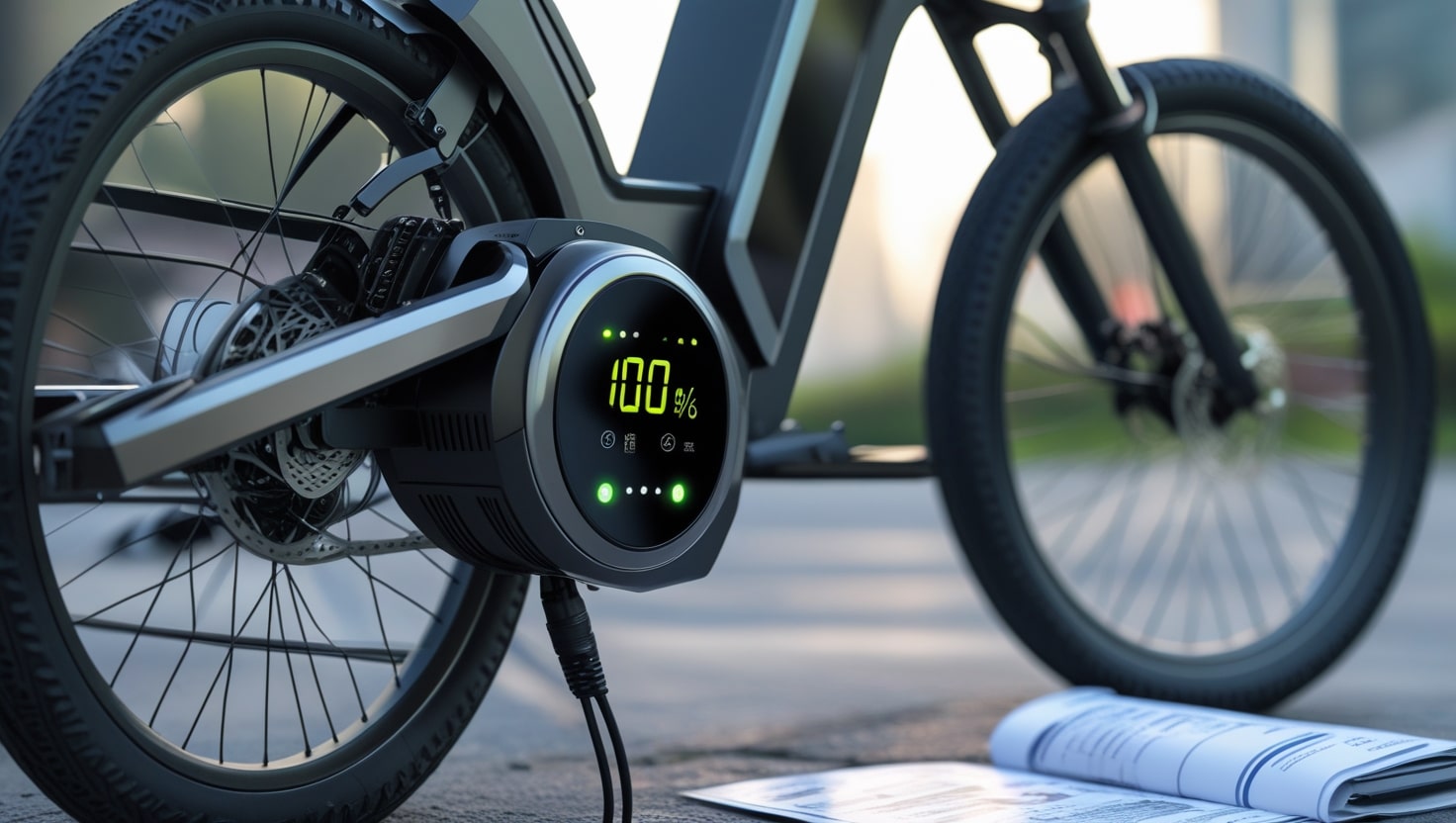If you’re new to the electric biking lifestyle in Arkansas, understanding the laws, regulations, and guidelines is essential for a smooth ride. Riding e-bikes in this state is not just about having fun but also about doing it responsibly while following the permit requirements and safety protocols. By staying informed, you can avoid fines and other legal issues, making your adventures both safe and enjoyable. With this guide as your ultimate resource, you’ll learn how to adapt to local variations and confidently navigate the exciting world of Arkansas ebike laws.
Related: California Ebike Laws
What Exactly is an Electric Bike in Arkansas?
In Arkansas, electric bikes are officially classified as motorized bicycles, which means they must meet specific federal regulations for a low-speed electric bicycle. To qualify, the vehicle should have operable pedals, an electric motor with a maximum output of 750 watts, and a motor capacity that doesn’t exceed 50 cubic centimeters (50 cc). Additionally, the bike must feature an automatic transmission, ensuring it aligns with the legal classification for a safe and compliant two-wheeled mode of transportation.

The Nitty-Gritty of Permits and Registration
In Arkansas, every e-bike rider must have a license issued by the Arkansas State Police, making it a legal requirement rather than just a recommendation. The good news? Once you’ve obtained this permit, there’s no need for additional documentation, registration, or tedious paperwork, unlike in some other states. This straightforward process ensures that you can legally enjoy your e-bike adventures while staying compliant with state rules.
Age Restrictions
In Arkansas, there’s a clear age limit for riding an electric bike—you must be older than 16 years to operate an e-bike in the state legally. This age restriction is designed to ensure that riders possess enough maturity and skill to handle their bikes safely, contributing to overall public safety and a more secure riding environment for everyone.
Related: Iowa Ebike Laws
Helmet and Lighting Requirements
In Arkansas, while there are no laws that make helmets mandatory for e-bike riders, wearing one is highly encouraged for your own safety. Additionally, the law requires your e-bike to have specific lighting features. Your headlight must emit a white light and be visible from at least 500 feet, while rear red lights or reflectors that can also be seen from 500 feet are absolutely mandatory to ensure safety during nighttime or low-visibility conditions.
Where Can You Ride?
In Arkansas, the rules for riding an e-bike are similar to those for traditional bicycles, meaning you must follow general road rules. E-bikes are not permitted on state highways or city sidewalks, but Class 1 and Class 2 e-bikes are allowed on roads within Arkansas State Parks. If you’re into trail riding, it’s essential to check with local land management agencies, as e-bike access on trails can vary depending on the location.
The Importance of Local Ordinances
In Arkansas, while state laws provide a general framework for e-bike usage, local ordinances can add specific rules and restrictions. For example, certain cities may have designated zones where e-bikes are restricted or impose speed limits that are more stringent than statewide rules. Staying in compliance with these local laws shows you are a responsible member of your community, as ignorance of the rules is no excuse and can lead to fines or other penalties. Always check with local law enforcement agencies or city councils to ensure your information is accurate and up-to-date, especially if you’re commuting or venturing into unfamiliar areas.
Related: Virginia Ebike Laws

Understanding E-Bike Classes in Arkansas
Arkansas law defines three specific types of electric bikes, each with unique features and restrictions.
- Class 1: These e-bikes provide motor assistance only when you are actively pedaling. The motor will cease to assist once the speed reaches 20 mph.
- Class 2: These e-bikes have a motor that can be used exclusively for propulsion. However, the motor offers no assistance when the speed goes above 20 mph.
- Class 3: Designed for higher speeds, these e-bikes provide motor assistance only while pedaling, and the motor stops assisting once the speed reaches 28 mph.
The Environmental Impact of E-Bikes
E-bikes are becoming a sustainable and eco-friendly alternative to cars, especially for short-distance travel like a daily commute or running errands. They consume less energy, produce fewer greenhouse gases, and require fewer resources during manufacture, making them a greener choice. By reducing traffic congestion and lowering pollution levels, e-bikes make a positive impact on the environment. In Arkansas, with its natural beauty and love for outdoor activities, the adoption of e-bikes aligns perfectly with the state’s commitment to preserving its surroundings. Choosing this form of transportation not only supports the law but also benefits the planet.
Local Rules and Bentonville Specifics
In Bentonville, AR, e-bikes are allowed on natural and unpaved trail systems, as well as singletrack trails, offering plenty of options for outdoor enthusiasts. However, since local rules can vary, it’s always wise to check with authorities or visit official websites to get the most current information on e-bike laws and regulations before planning your ride.
Related: Maine Ebike Laws

ARKANSAS EBIKE LAWS FOR TRAILS
- » LOCAL: Always consult your local land management agency to understand specific trail access rules for e-bikes in your area.
- » STATE: Currently, Arkansas State Parks and the Arkansas Highway and Transportation Department do not have a formal eMTB policy. For the most accurate and updated information, contact these departments directly. Organizations like PeopleForBikes are also monitoring these policies and will provide updates when necessary.
- » FEDERAL: On federal lands, eMTBs are classified as motorized vehicles and can only access motorized trails. For detailed information, contact the U.S. Forest Service Southern Regional Office.
eMTB GUIDELINES
- Federal, state, county, and local trails have different rules for e-mountain bike (eMTB) access, so always check before riding.
- Natural surface trails open to both motorized and non-motorized uses are generally accessible to eMTBs.
- Trails specifically managed for non-motorized activities may not allow eMTBs.
- Avoid riding in areas where local rules are unclear and stick to legally authorized trails to demonstrate that mountain bikers are responsible trail users.
- If unsure, consult your local land manager to confirm access to specific trails, as local land rules can change frequently.
Related: Georgia Ebike Laws
GREAT eMTB RIDES IN ARKANSA
- Mocassin Gap Horse Trail in Russellville spans an impressive 28 miles, making it a perfect choice for a long and scenic ride.
- Brock Creek Trails, also located in Russellville, offers a more compact but equally exciting experience with 15.2 miles of diverse terrain.
The Future of E-Bike Legislation
As e-bikes gain more popularity, it’s likely we’ll see new legislative changes aimed at better regulating their use. This might include stricter safety standards, updated permit requirements, or the creation of e-bike-specific lanes on roads and trails. Staying proactive and keeping yourself updated on these changes is essential for riders and the e-bike community. Collective efforts in advocacy and education can ensure that future laws remain fair, reasonable, and truly reflective of the needs and challenges faced by e-bike riders.
Why It Matters
Understanding the nuances of Arkansas electric bike laws and those in other states is key to ensuring your e-biking experience is both enjoyable and compliant. It’s not just about following the law but also about fostering a responsible and sustainable e-biking culture that benefits both riders and the community.
Conclusion
Being well-versed in Arkansas electric bike laws is more than a legal necessity—it’s a way to ensure a safer and more enjoyable e-biking experience. With this exhaustive guide, you’re now fully equipped with the information needed to confidently navigate the e-bike landscape in Arkansas, both legally and safely.
Related: Oklahoma Electric Bike Laws
Arkansas eBike Laws FAQs
Are electric bikes legal in Arkansas?
Yes, electric bikes have permission in Arkansas; however, you must get a Motorized Bicycle Permit issued by the Arkansas State Police Department.
Can I ride my e-bike on the sidewalk in Arkansas?
Since e-bikes are governed by the same traffic laws as regular bicycles, they are not allowed on Arkansas city sidewalks.
Are e-bikes allowed in Arkansas state parks?
Although it’s essential to verify local trail rules, Class 1 and Class 2 e-bikes are allowed on roads of Arkansas State Parks.
Do you need a license, insurance or registration in Arkansas?
Unlike motor vehicles, e-bikes are exempt from the registration, licensing, and insurance requirements.
What are the restrictions on Motor power or throttle in Arkansas?
There are additionally no throttle or power limitations.
Are there any age restrictions to riding an electric bike in Arkansas?
No one within the age of 16 is permitted to ride a Class 3 e-bike. Riders of Class 3 e-bikes are subject to specific access restrictions.
What are the laws around helmets in Arkansas?
Anyone under 21 who rides a Class 3 e-bike must wear a helmet.
What are the rules for riding on the road in Arkansas?
Like bicycles, e-bikes are subject to regulations. Both human-powered and e-bikes are subject to by the same traffic laws.








